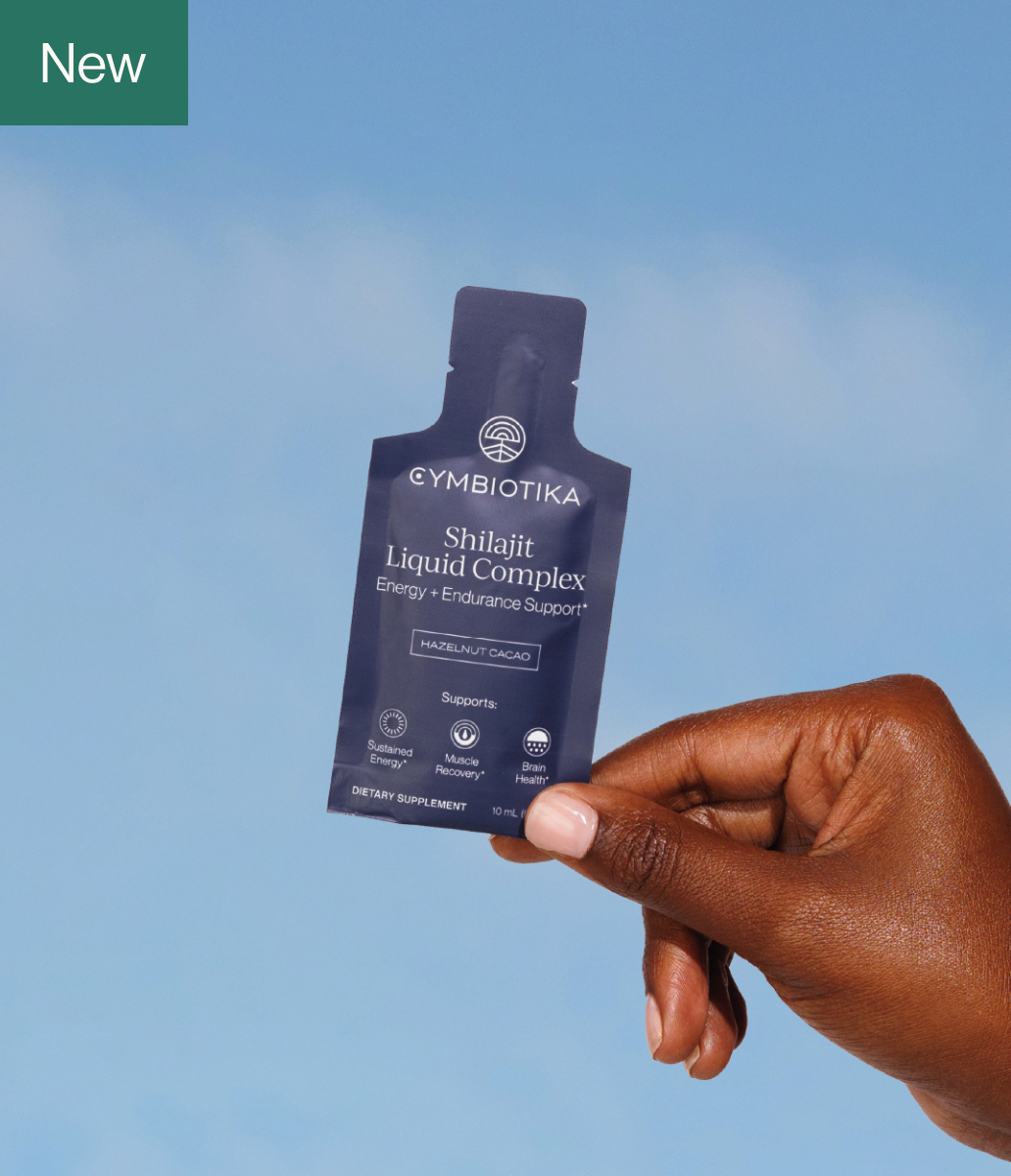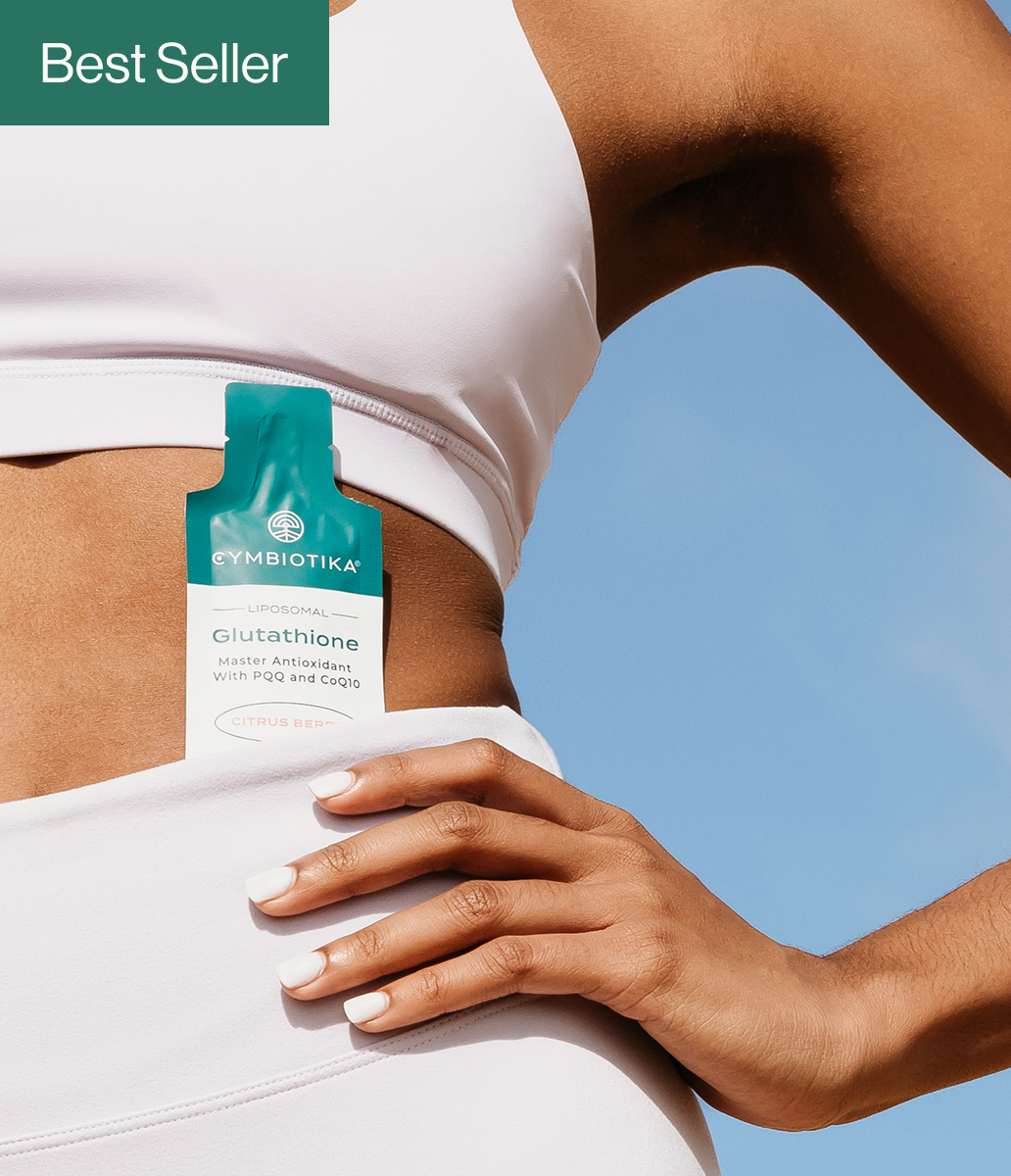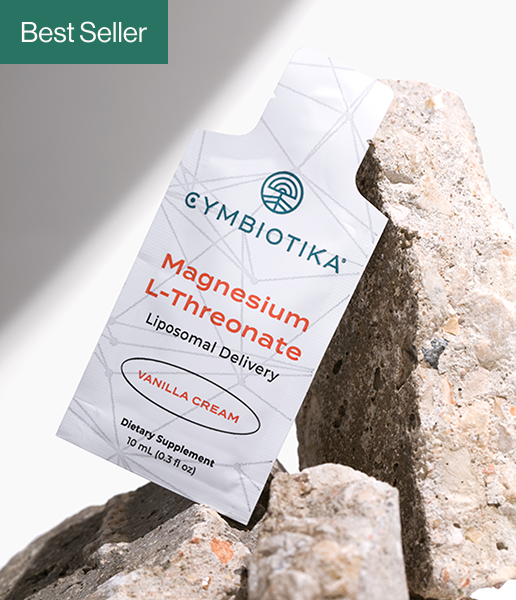
How often do you reach for your phone to check your notifications, forget why you opened it, and then mindlessly scroll for longer than you’d like to admit? Why is it that, at the moment, this behavior feels so good and yet so bad at the same time?
You continue to scroll through social media or news feeds, losing track of time and feeling a mix of fleeting satisfaction and lingering frustration. This cycle of behavior–where you experience a quick burst of pleasure followed by a sense of dissatisfaction or guilt–is deeply tied to the workings of dopamine.
Meet Dopamine
Dopamine is a crucial neurotransmitter in the brain, essential for reward, pleasure, motivation, movement, and cognitive functions. It drives us to seek positive experiences and engage in activities that enhance our lives. Without adequate dopamine, we might struggle with motivation, focus, habit formation, and emotional regulation.
If these struggles sound familiar, you might be experiencing dopamine depletion. (For tailored advice and support, consider consulting a healthcare professional.)
You'll likely feel committed to pursuing your goals and completing tasks when dopamine levels are well-balanced. You'll experience a natural drive to engage in rewarding and fulfilling activities, with your hobbies and social interactions bringing genuine pleasure.
Artificial Dopamine
Our bodies understand that dopamine feels good. In the world we live in today, there are countless shortcuts to dopamine available at our fingertips. Many of us find ourselves submerged in a sea of what some call “artificial dopamine,” which can be detrimental to our health over time.
This pool of endless, “never good enough” artificial dopamine can be accessed through various mediums that seem harmless–or even beneficial–but aren’t actually good for you. We can’t blame ourselves entirely for seeking pleasure; it's part of our biological wiring. These sources include social media, drugs and alcohol, gambling, food, shopping, video games, sex and intimacy, and thrill-seeking behaviors. While these things aren’t inherently harmful, they can become detrimental when consumed excessively.
The common thread among these is that they provide our brains with immediate rewards. This constant influx of instant gratification can become addictive over time. Our brains crave dopamine; without mindful management, it’s easy to fall into unhealthy patterns.
The Impact of Immediate Rewards
Immediate rewards and variable reinforcement (unpredictable rewards) can be especially addictive. Social media platforms, for instance, use algorithms designed to deliver sporadic rewards through likes, comments, and notifications. This unpredictability keeps us hooked, craving the next dopamine hit. The short-term pleasure from these activities often leads to desensitization, where we need more stimulation to achieve the same level of satisfaction.
Dopamine Addiction
As we become desensitized to these artificial dopamine sources, our ability to find pleasure in more straightforward, everyday activities diminishes. This can result in a dangerous cycle of addiction, where the quest for immediate rewards replaces healthier, long-term pursuits. Dopamine addiction can lead to reduced motivation, feelings of emptiness, and increased risk of depression and anxiety.
Finding Balance Again
Don’t be discouraged if any of this resonates with you. The reward centers in our brains can be recalibrated with time, intention, and, if needed, medical support. Rebalancing dopamine levels and overcoming dependence on artificial sources involves several steps:
1. Try a 30-day Fast
Take a 30-day break from your go-to comforts: social media, sugar, video games–anything. This doesn't mean going cold turkey forever, but this first month is crucial to getting your pleasure-pain balance back in check.1 Although you will likely feel worse before you start to feel better, in about two weeks, you may start feeling rebalanced again and enjoy more modest rewards, like one scoop of ice cream or one TV show episode.
Please note: Addictions to more severe substances like drugs or alcohol should be monitored by a medical professional, as withdrawal symptoms can be life-threatening.
2. Use Obstacles
Consider creating barriers to make indulgence more challenging when temptation strikes. This can involve physically removing the temptation from your environment or storing it out of sight. For example, if you're struggling with video game addiction, you might use a separate computer for gaming and work to create a clear boundary between the two activities.
Additionally, setting time limits can be highly effective. For instance, many social media apps allow you to set usage limits to help manage your screen time. If you’re dealing with food addiction, intermittent fasting could be a valuable strategy to regulate your eating patterns. Implementing these tactics makes it easier to resist temptations and stay on track with your goals.
3. Implement Healthy Alternatives
To replace artificial dopamine sources, engage in activities that naturally uplift your mood. Exercise, like walking or jogging, boosts dopamine and endorphins. Reading, pursuing hobbies, and building social connections enhance pleasure and satisfaction. Mindfulness and meditation reduce stress while achieving personal goals, which provides motivation and fulfillment. These strategies promote a healthier balance and greater well-being.
4. Eat a Balanced Diet
A diet promoting dopamine creation includes foods rich in tyrosine and phenylalanine, which are crucial for dopamine production. For instance, consuming chicken, turkey, fish, eggs, and dairy can provide these amino acids. Additionally, incorporating fruits like bananas and avocados, which contain compounds that support dopamine synthesis, can be beneficial. Foods high in antioxidants, such as berries, spinach, and nuts, help protect dopamine-producing neurons from oxidative stress. Also, omega-3 fatty acids in fatty fish like salmon and flaxseeds support overall brain health and dopamine function.
(Bonus: Enhance your natural dopamine levels with Nootropic Creamer, featuring L-Theanine and L-Tyrosine—two key ingredients that support healthy dopamine responses.)
5. Get Quality Sleep
Ensure you get quality sleep, which is essential for maintaining healthy dopamine levels and optimal brain function. Sleep allows your brain to rest and recharge, which is vital for producing and regulating neurotransmitters like dopamine. During deep sleep, the brain clears toxins and consolidates memories, supporting cognitive functions and emotional stability. Aim for 7-9 hours of uninterrupted sleep each night, establish a consistent sleep schedule, and create a restful environment to enhance sleep quality. Prioritizing good sleep helps sustain your mood, improves focus, and supports overall mental health.
6. Seek Professional Support
If you’re struggling with severe dopamine imbalance or addiction, seek advice from a healthcare professional. They can provide tailored strategies and support to help you regain balance.
By grasping the role of dopamine and making conscious choices, you can restore balance and discover more sustainable, fulfilling sources of pleasure and motivation. You deserve to experience the full richness of life! Avoid relying on shortcuts and quick fixes; relax, reset, and allow your brain to function naturally and effectively, just like it knows how to do.
Cheers to happy and healthy living!
- https://www.npr.org/2022/03/31/1090009509/addiction-how-to-break-the-cycle-and-find-balance




















